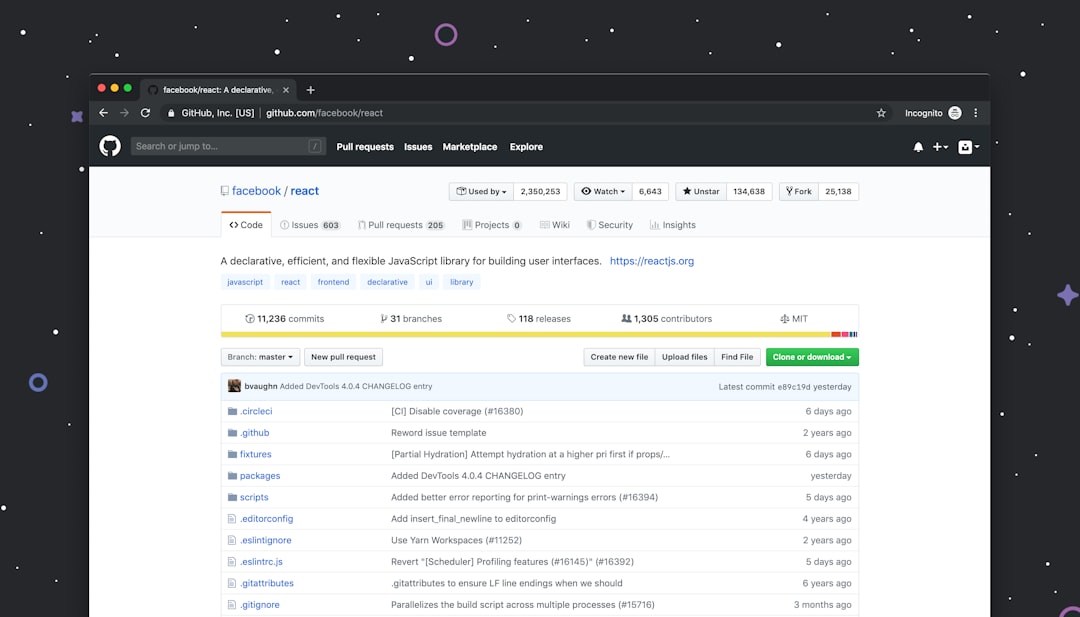
Advanced Cluster Testing Strategies for Efficient Sourcing Spools
In the realm of DevOps, efficiency and reliability are paramount, especially when it comes to sourcing spools in clustered environments. As organizations increasingly adopt microservices and cloud-native architectures, advanced cluster testing strategies are essential for ensuring that these systems can handle the demands of modern applications. This article delves into effective strategies for testing clusters, the importance of sourcing spools, and practical applications that can enhance your DevOps practices.
Understanding Cluster Testing
Cluster testing involves evaluating a system’s performance and behavior under various conditions, primarily focusing on its ability to support multiple nodes working in unison. Efficient sourcing spools are critical in managing resources across nodes, ensuring that data is processed and utilized effectively. With advancements in technology, the following strategies are becoming pivotal in enhancing cluster testing:
1. Automated Testing Frameworks
Automation is a cornerstone of modern DevOps practices. Implementing automated testing frameworks such as Jenkins, GitHub Actions, or CircleCI can streamline the testing process. These tools allow for continuous integration and delivery, enabling developers to push changes to production with confidence.
# Example of a Jenkins pipeline for cluster testing
pipeline {
agent any
stages {
stage('Build') {
steps {
sh 'mvn clean install'
}
}
stage('Test') {
steps {
sh 'mvn test'
}
}
stage('Deploy') {
steps {
sh 'kubectl apply -f deployment.yml'
}
}
}
}2. Load Testing and Stress Testing
Understanding how your cluster behaves under load is vital. Tools like Apache JMeter or Gatling can simulate traffic to test the limits of your system. By understanding how sourcing spools handle high volumes of requests, you can optimize performance and address bottlenecks before they become critical issues.
3. Chaos Engineering
Chaos engineering involves intentionally introducing faults into a system to test its resilience. By utilizing frameworks such as Gremlin or Chaos Monkey, teams can simulate failures and observe how sourcing spools react. This practice not only enhances the reliability of your applications but also prepares your team for unexpected outages.
Case Studies: Successful Implementations
Example 1: E-commerce Platform
A leading e-commerce platform implemented automated testing and chaos engineering to improve its cluster performance. By introducing faults and simulating high traffic scenarios, the team identified weaknesses in their sourcing spool mechanisms, leading to a 30% improvement in response times during peak traffic hours.
Example 2: Financial Services
A global financial services company adopted load testing tools to evaluate their clustered database systems. Through rigorous testing, they discovered inefficiencies in their data retrieval processes, allowing them to optimize their sourcing spools, reduce latency, and improve the overall user experience.
Emerging Trends in Cluster Testing
As technology evolves, so do the methodologies surrounding cluster testing. Here are some notable trends:
- AI and Machine Learning: Leveraging AI for predictive analytics can help anticipate failures and optimize resource allocation in clustered environments.
- Serverless Architectures: As organizations move towards serverless computing, testing strategies will need to adapt to ensure that sourcing spools remain efficient and reliable.
- Kubernetes and Containers: With the rise of container orchestration, testing strategies are shifting to accommodate the dynamic nature of containerized applications.
Tools and Resources
To further your knowledge and streamline your cluster testing efforts, consider the following tools:
- Jenkins: For continuous integration and automated testing.
- Apache JMeter: For load testing and performance analysis.
- Gremlin: For chaos engineering practices.
For more in-depth reading, check out these resources:
- Chaos Engineering: Building Confidence in System Behavior
- Automated Testing with Jenkins
- Performance Testing with Apache JMeter
Glossary of Terms
- Cluster: A group of interconnected computers that work together to perform tasks.
- Sourcing Spools: Temporary storage areas that manage data being processed by clusters.
- Chaos Engineering: The practice of testing a system’s resilience by introducing random failures.
By implementing these advanced cluster testing strategies, organizations can significantly improve their sourcing spools and overall system reliability. Engage with your team about these practices, share your thoughts, and consider experimenting with the tools mentioned. The journey towards efficient sourcing spools begins with informed testing strategies and a commitment to continuous improvement.


